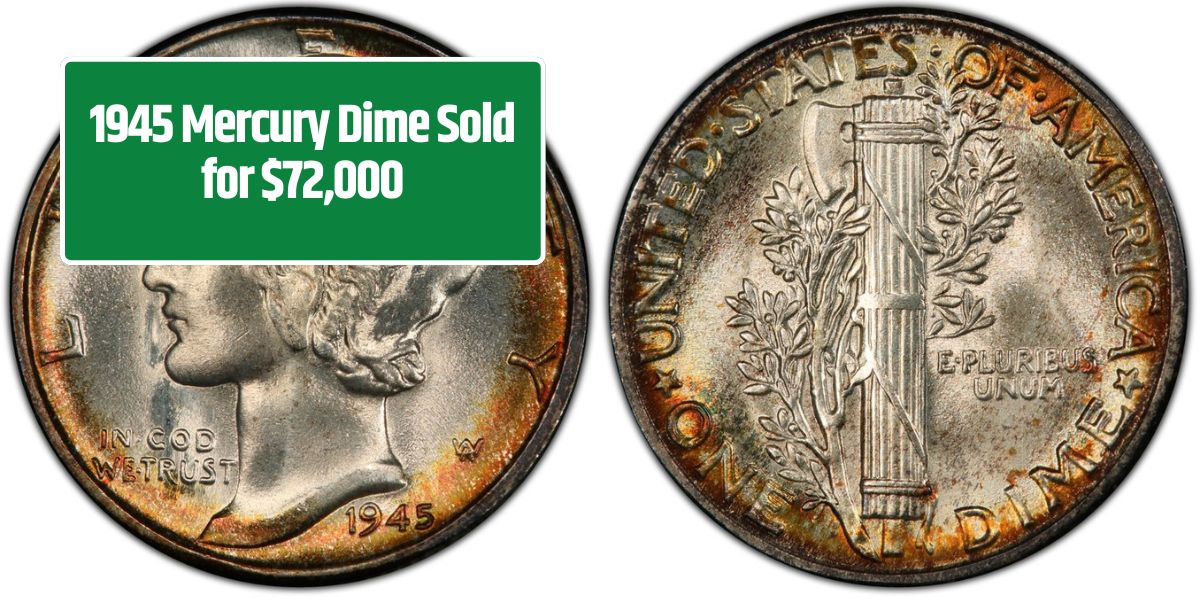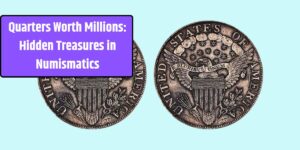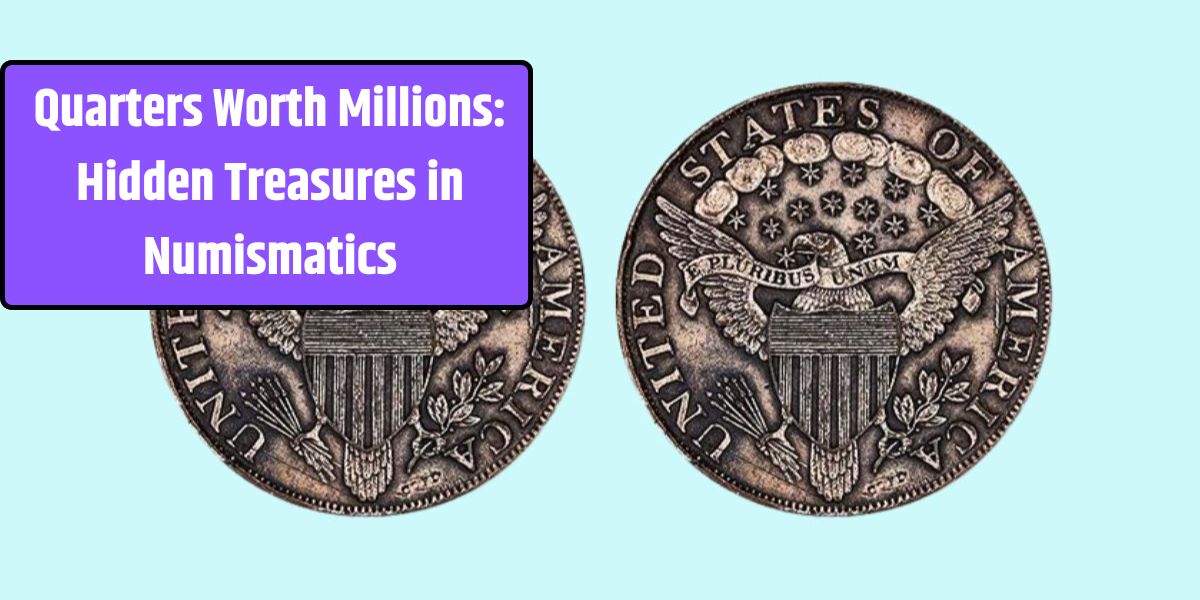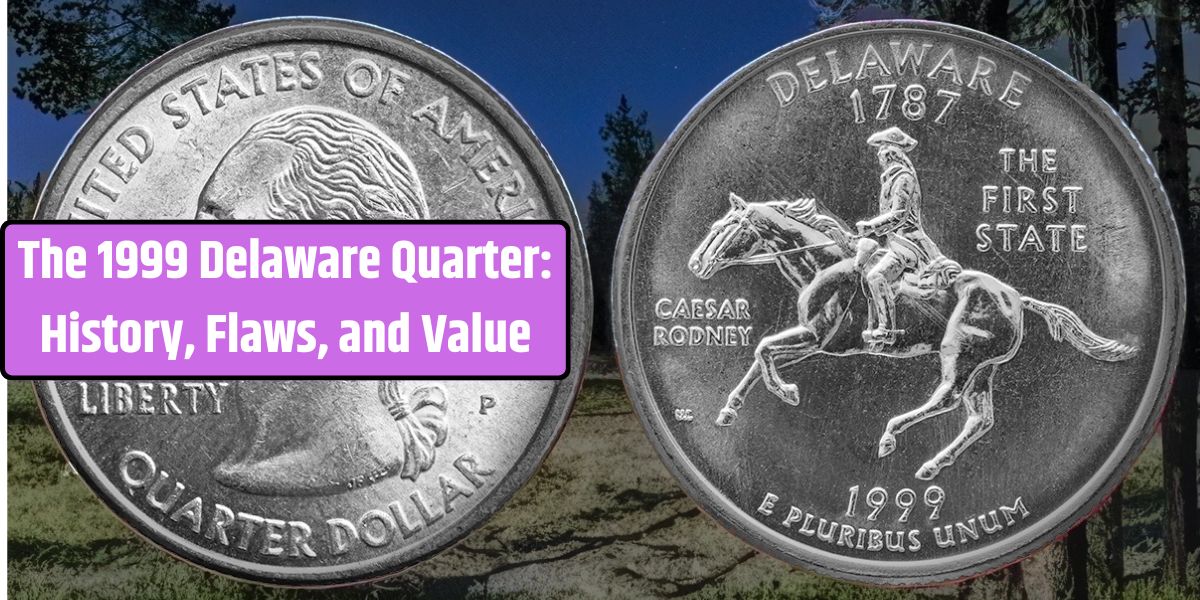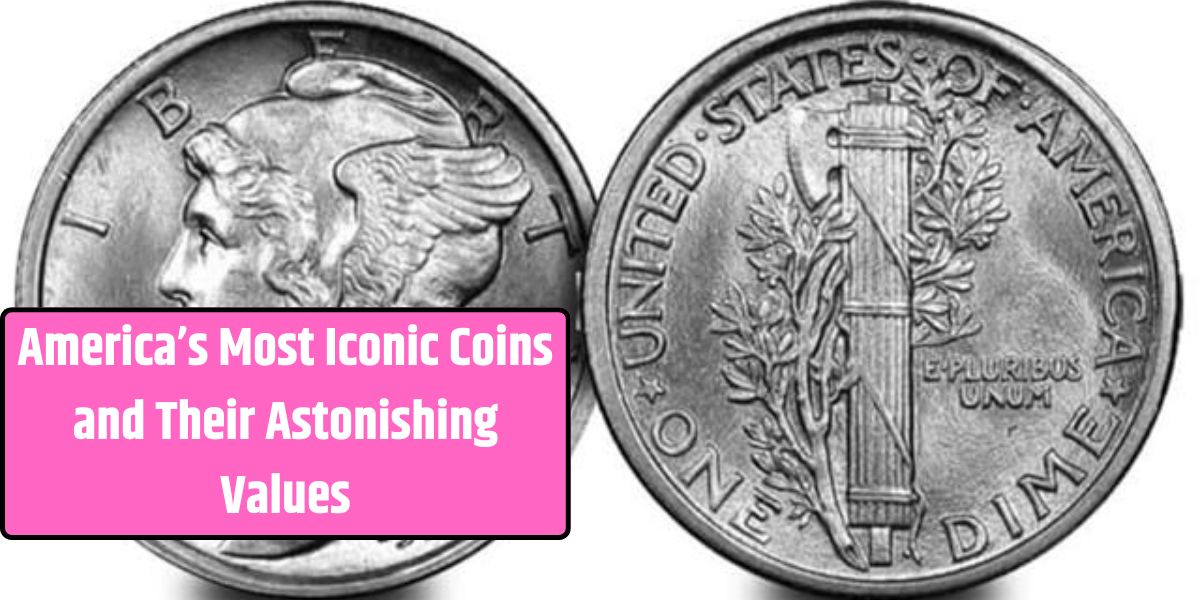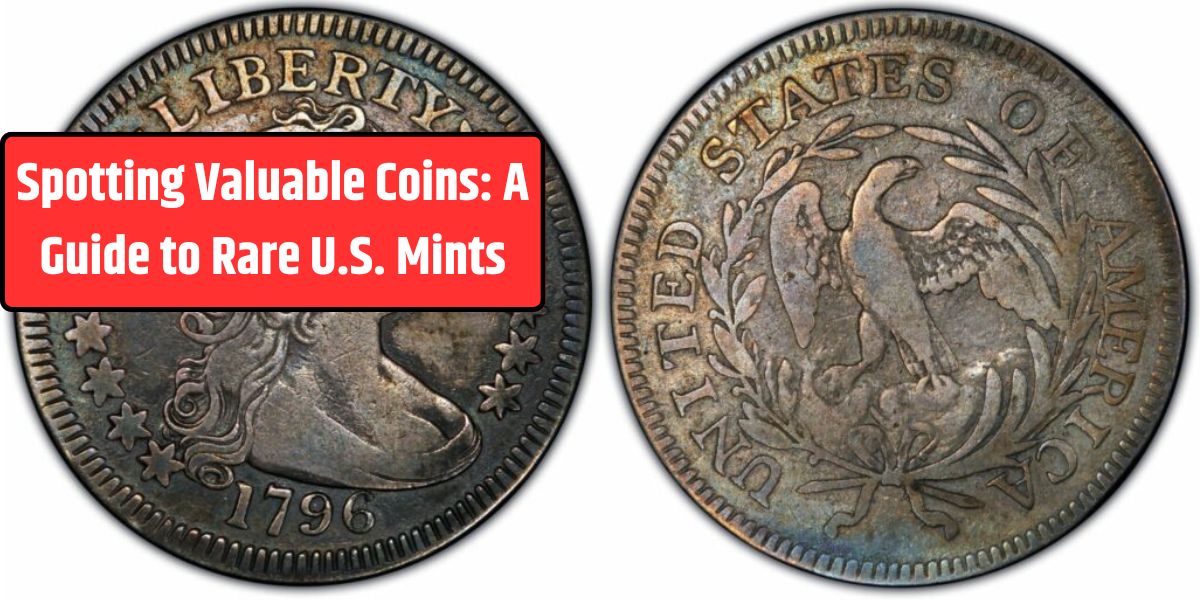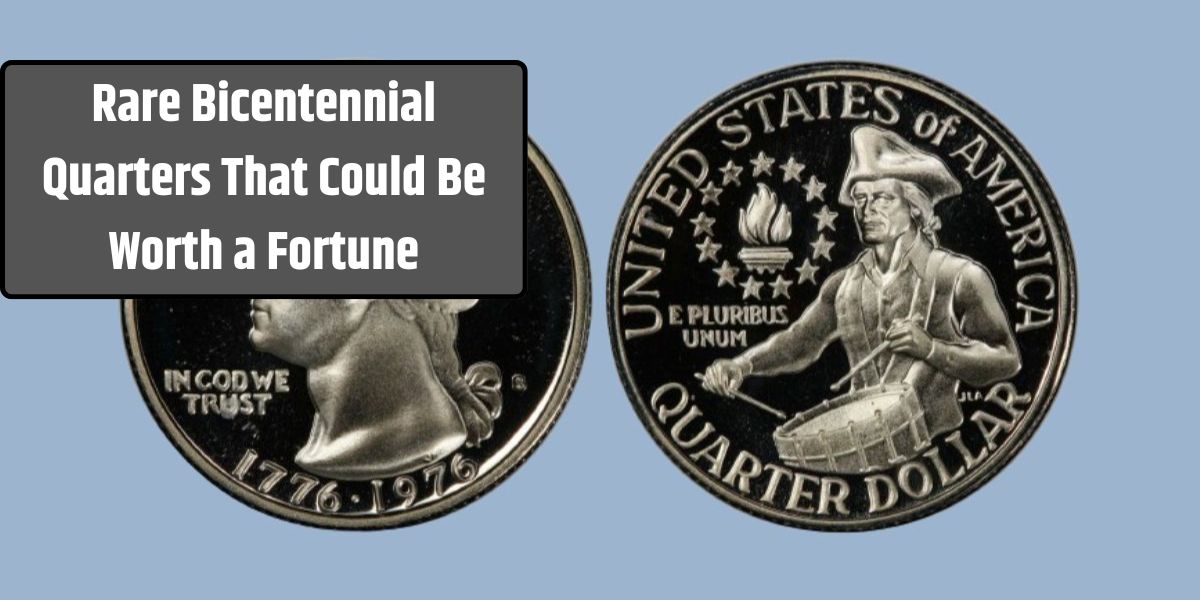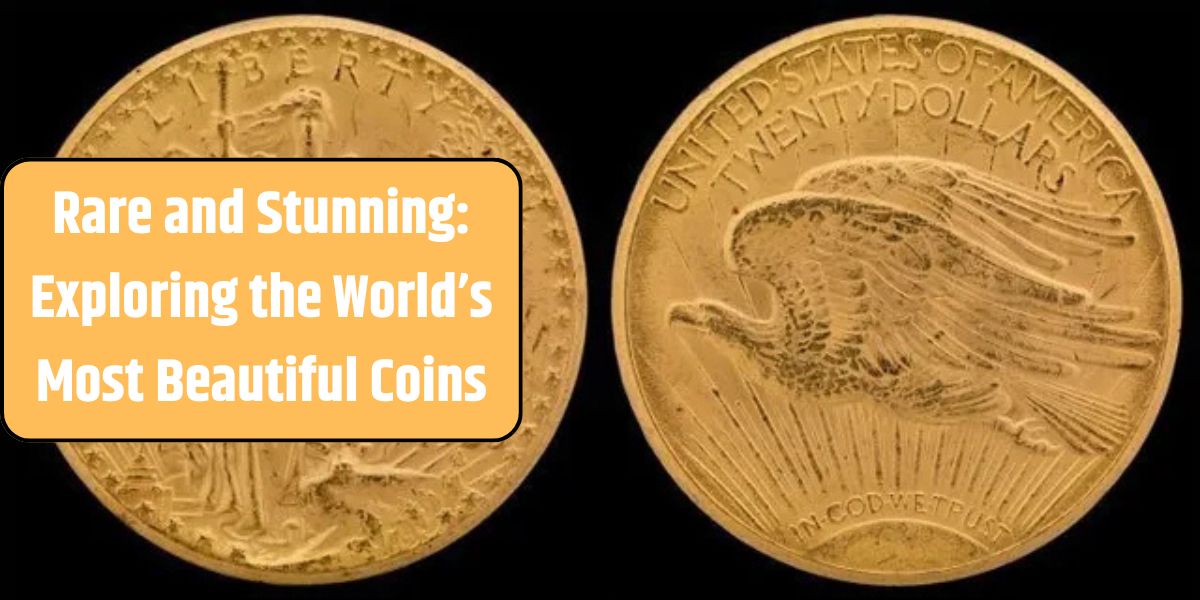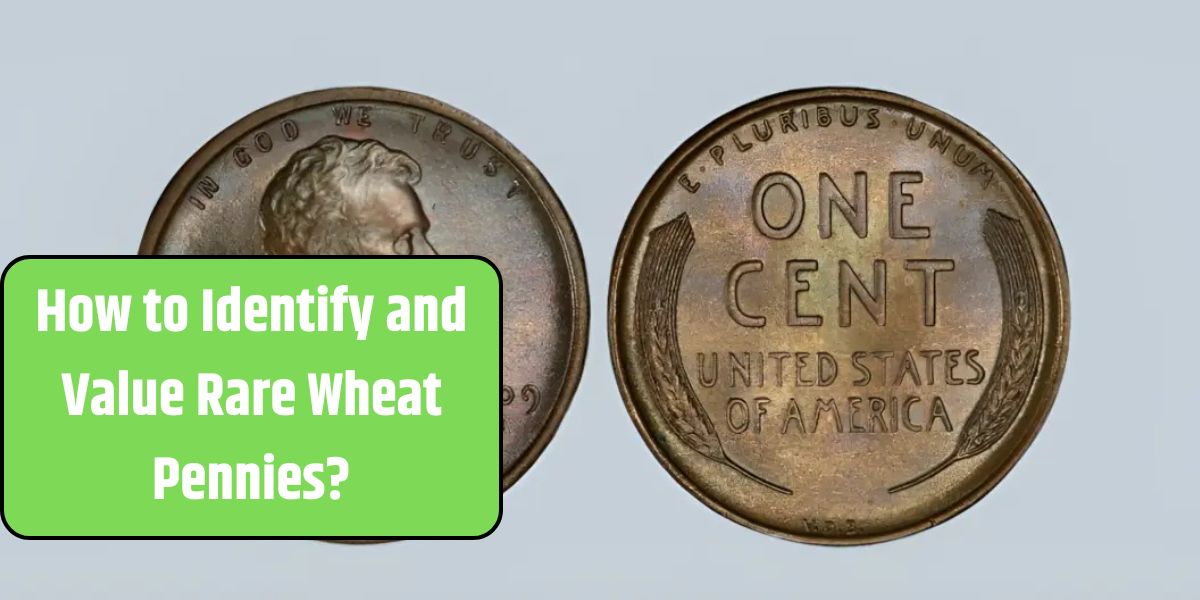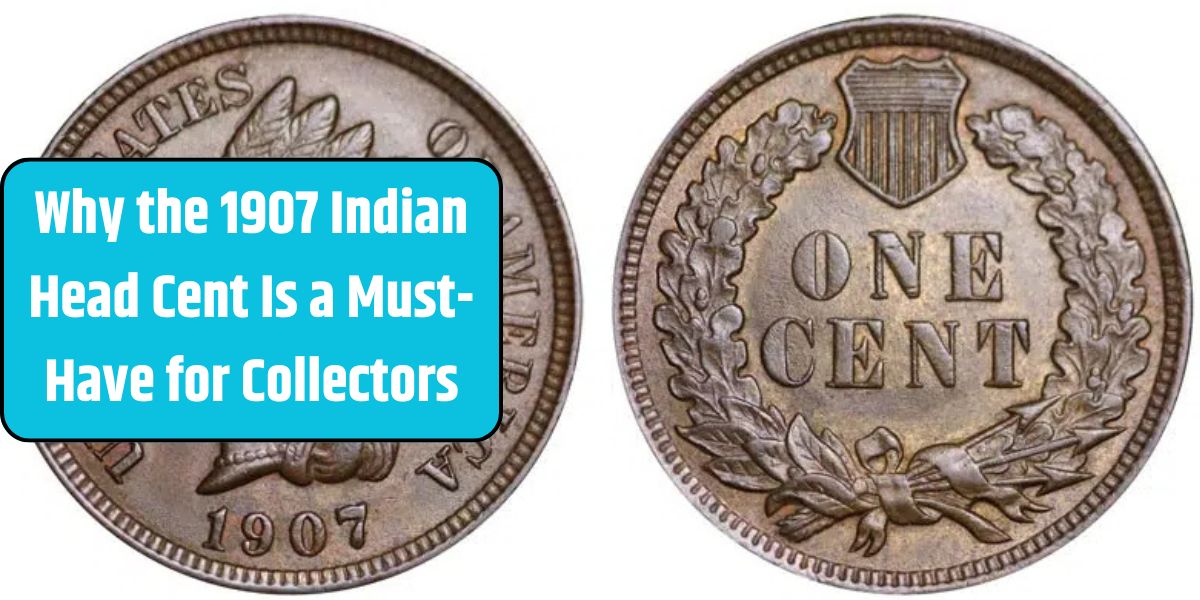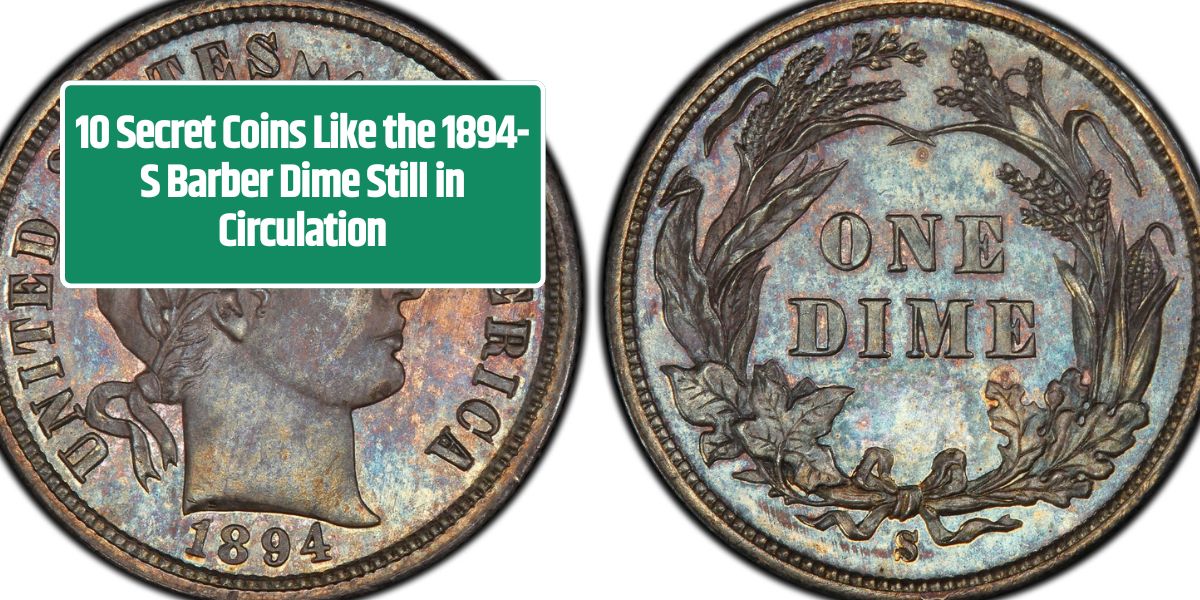The 1945 Mercury Dime has captured the attention of collectors worldwide, especially those in search of coins in near-perfect condition. While many of these dimes are valued at just a few dollars, a rare version of the 1945 Mercury Dime sold for an astonishing $72,000 at auction. This remarkable sale raises the question: what makes this coin so valuable? Let’s explore the history, distinctive features, and factors driving its exceptional worth.
History of the Mercury Dime
The Mercury Dime, formally known as the Winged Liberty Head Dime, was designed by sculptor Adolph A. Weinman and produced from 1916 to 1945. Although commonly referred to as the “Mercury Dime,” the coin actually depicts Liberty wearing a winged cap, symbolizing freedom of thought. This image has often been mistaken for Mercury, the Roman god known for his winged helmet.
On the reverse side, the coin features a fasces, or a bundle of rods, symbolizing unity and strength, intertwined with an olive branch, which represents peace. The unique and intricate design has contributed to the Mercury Dime’s popularity among numismatists, or coin collectors.
Key Factors Behind the 1945 Mercury Dime’s Value
Several critical factors contribute to the value of the 1945 Mercury Dime, especially in rare instances like the $72,000 auction sale. Below, we examine the primary elements that make this coin a standout in the collector’s market.
1. Full Bands Designation
One of the most crucial indicators of a Mercury Dime’s value is its “Full Bands” (FB) designation. This detail refers to the horizontal bands on the fasces on the coin’s reverse. For a coin to receive a Full Bands designation, these bands must be sharply defined and completely separated, showing no signs of wear. Most 1945 Mercury Dimes circulated heavily, which often merged or smoothed out the bands over time. The presence of Full Bands significantly boosts the dime’s rarity and, consequently, its value.
2. Mint State Condition
The condition of a coin greatly impacts its value. Coins are graded on a scale from Poor (P-1) to Mint State (MS-70), with higher grades indicating fewer signs of wear. The 1945 Mercury Dime that fetched $72,000 was graded as MS-68, representing an almost flawless coin with no visible imperfections. Achieving this high of a grade for a coin that circulated in the 1940s is rare, making it one of the finest examples available.
3. Rarity and Collector Demand
Though more than 159 million Mercury Dimes were minted in 1945, very few of them have survived in such pristine, uncirculated condition with the Full Bands detail intact. The combination of this rarity and high condition has driven strong demand among collectors, leading to competitive auction prices. High-profile auctions can further elevate the price due to the excitement generated by bidding wars and the prestige associated with acquiring a rare coin.
Grading Scale and Value of Mercury Dimes
The following table breaks down the general grading scale for Mercury Dimes and their approximate value range. This can help you gauge the potential worth of a 1945 Mercury Dime based on its condition.
| Grade | Description | Value Range |
|---|---|---|
| Poor (P-1 to P-12) | Heavily worn, barely identifiable | $1 – $5 |
| Good (G-4 to G-20) | Moderate to heavy wear | $5 – $20 |
| Uncirculated (MS-60 to MS-70) | No signs of wear, mint condition | $30 – $500+ |
| Full Bands (MS-68) | Full separation of bands, nearly perfect | Up to $72,000 |
How to Identify a Valuable 1945 Mercury Dime
If you think you may possess a valuable 1945 Mercury Dime, there are several steps you can take to assess its potential worth:
- Examine the Bands: Inspect the bands around the fasces on the coin’s reverse. If these bands are fully separated with no signs of wear, it may qualify as a Full Bands Mercury Dime, making it significantly more valuable.
- Check the Condition: Evaluate the coin’s overall condition, looking for scratches, nicks, or other signs of wear. Coins without visible wear, often referred to as “uncirculated,” tend to hold higher value.
- Get It Professionally Graded: A professional grading service, such as PCGS or NGC, can accurately assess the coin’s grade, essential for determining its market value.
- Compare Auction Prices: Reviewing recent auction sales for similar coins can give you a better sense of the current market value of your 1945 Mercury Dime.
Why Did This Coin Sell for $72,000?
Several factors led to the impressive auction price of this particular 1945 Mercury Dime:
- Condition: The coin’s MS-68 grade denotes an exceptionally high-quality coin in near-perfect condition.
- Full Bands Detail: The Full Bands designation, indicating clear and complete separation of the bands, greatly increases its rarity.
- Scarcity: With only a limited number of Mercury Dimes from 1945 found in such pristine condition, this coin is exceptionally rare.
- Auction Dynamics: The excitement and competition generated in a high-profile auction setting can drive up prices, especially when collectors vie for a unique item.
The combination of these factors contributed to the coin’s outstanding auction result and underscores the value of high-grade Mercury Dimes in the collectible coin market.
What is a 1945 Mercury Dime typically worth?
Most 1945 Mercury Dimes are valued between $1 and $5 in well-worn condition. However, coins in better condition, especially those with a Full Bands designation, can range significantly higher.
How can I tell if my Mercury Dime has Full Bands?
Check the fasces on the reverse side of the coin. If the horizontal bands are clearly separated and show no signs of wear, it could qualify as a Full Bands Mercury Dime.
Why is the Full Bands designation important?
Full Bands indicate a higher level of detail that typically wears down over time, making dimes with this feature rarer and more valuable.

